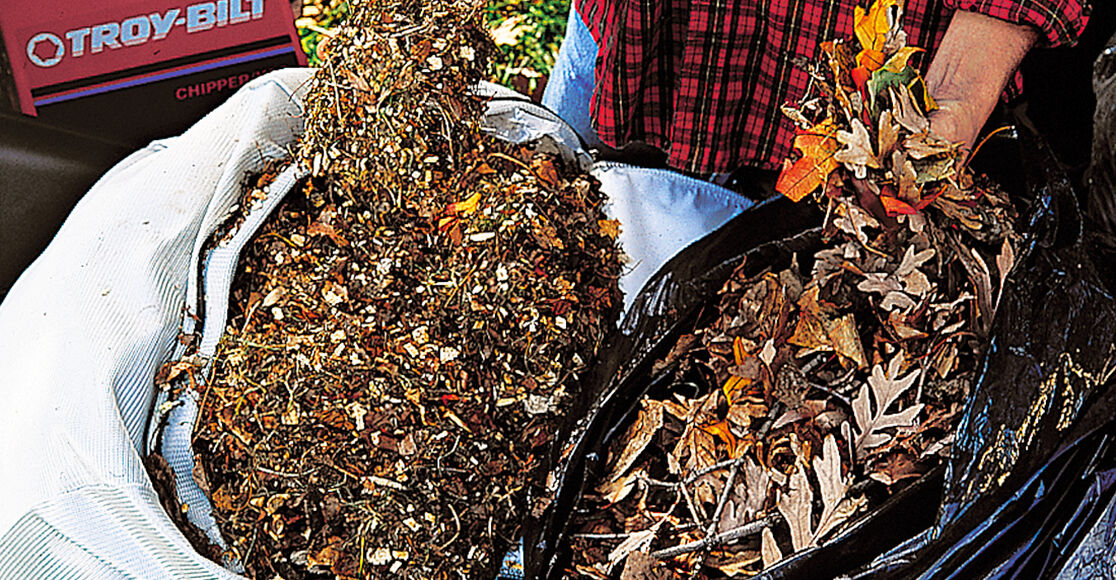Raking leaves is usually an unenviable task, but it’s necessary to make sure that your yard stays healthy come springtime. Your yard needs to breathe in order to receive the sunlight and nutrients to thrive. Neglecting to remove leaves from your yard can lead to soil compaction, plus give pests an environment to burrow during winter.
It’s also a waste to let fallen leaves remain on the ground, as they become matted and decomposed. With so many ways to recycle fallen leaves, there’s no reason to send them to a landfill. One option is to add them to your compost bin and save them for spring fertilizing.
There are many benefits to winter composting. It helps provide proper moisture levels for your spring garden and creates nutrient-rich soil that can be used to promote healthy plant growth. Microorganisms found in compost also help aerate soil and break down materials that can cause plant disease.
An ideal compost pile is balanced between high-carbon materials (brown waste) and high-nitrogen materials (green waste) in a 2:1 or 3:1 ratio, with your high-carbon materials making up the majority. Leaves are an ideal material to use as they are plentiful during the fall months. Combined with kitchen scraps, grass clippings and other compostable materials, leaves decompose and create nutrient-rich compost for your garden.
Adding leaves to your compost pile is easy. Be sure large pieces are chopped, broken or shredded. A Troy-Bilt chipper shredder, chipper shredder vacuum or leaf blower vacuum can help save time in breaking down your materials. Combine with your other materials in the appropriate ratio, make sure your brown wastes are on the bottom and green wastes on top. Spray or sprinkle the pile with water at the beginning and throughout the process to keep the materials moist (but not too wet), which encourages the components to break down.
Be sure to follow our complete steps on how to compost so you can pay close attention throughout the winter — especially in areas with colder temperatures — and make sure that the decomposition process is functioning properly. Come spring, you’ll be glad you put in the work when you are rewarded with great material to keep your garden healthy and strong throughout the growing season.
